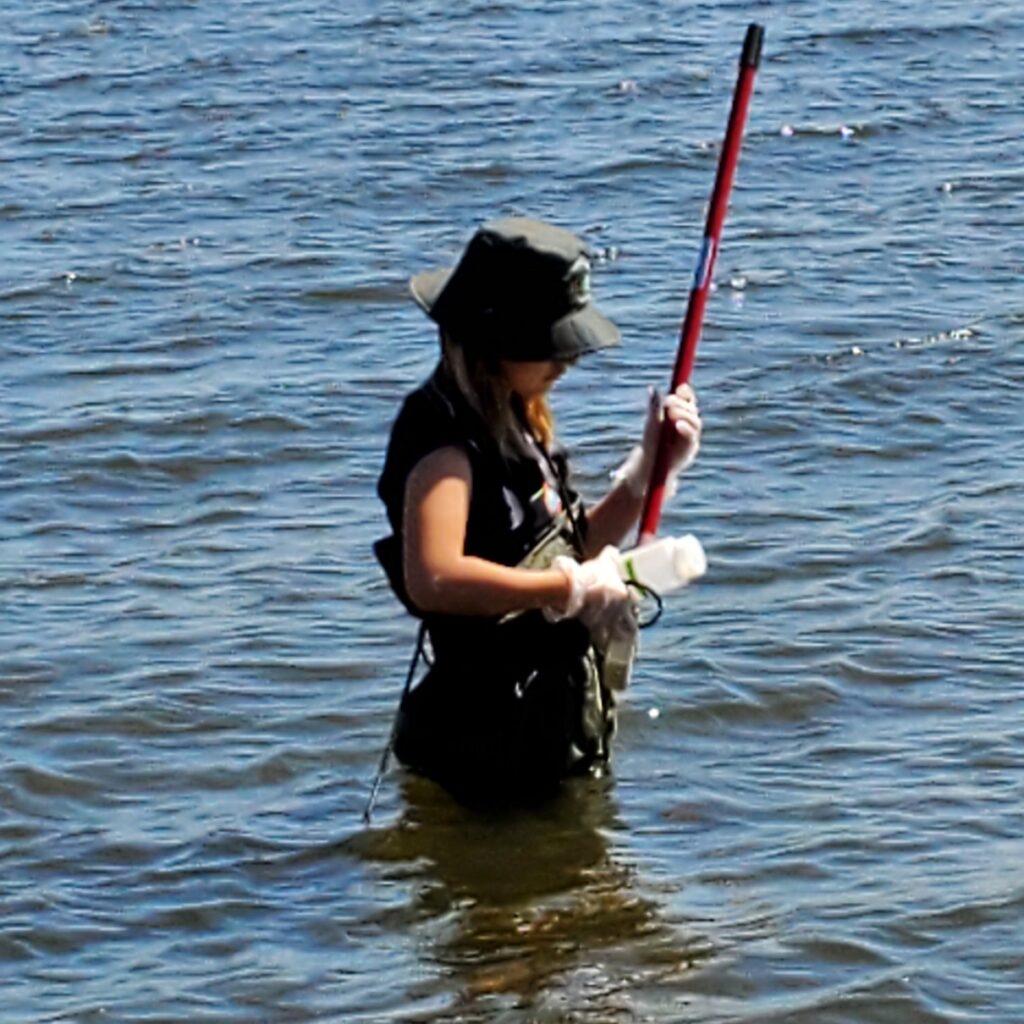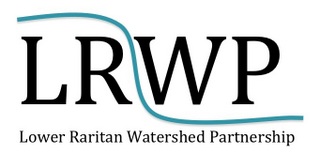An Interview with LRWP Pathogens Monitoring Coordinator Jocelyn Palomino
By LRWP Raritan Scholar Intern Jonathan Sim
Jocelyn Palomino has worked with the LRWP for the past three years, coordinating community outreach for our Pathogens Monitoring Program. In this interview Raritan Scholar Intern Jonathan Sim interviewed Jocelyn about her work.

1. What is your major, and why are you interested in this field?
“My major is Environmental Policy, Institutions, and Behavior with a minor in Public Health. My interest in this field began through the classes I was taking, such as Environmental Justice and Environmental History while learning about the impacts of water contamination and seeing it happen first hand in Newark with the lead crisis in 2016. That was the moment that got me invested in water quality. These are issues that can be prevented through water testing and monitoring, and we should continue to minimize the exposure to diseases and ensure the community members have access to clean drinking water.”
2. How long have you worked with the LRWP, and what have you done in your time with the organization?
“I have been with the LRWP for almost 3 years now. During my time, I have been lucky enough to have joined in on meetings with the EPA, participate in community events like the City of Water Day and El Mercado. I have been leading the summer pathogens monitoring program for about 2 years now with an amazing group of volunteers and have also worked extensively on data entry and sharing that can be accessed and interpreted by all members of the community and our partners.”
3. Why is Spanish language outreach about water quality important? How are you trying to expand this aspect of the program?
“I believe Spanish outreach regarding water quality is critical to the community because a large part of the New Brunswick population is either Hispanic or Latino. Therefore, the information that we are sharing about possible dangers of water contamination needs to be shared in a way that can be interpreted by all. Rivers are an essential resource in the Spanish culture; people have a desire to interact with waterways and they should be able to feel safe within their community rivers for doing so. As the Spanish Outreach Coordinator, whether I’m on the field or at an outreach event, I always try my best to educate Spanish members on the impacts of water contamination and also share the importance of following our weekly results for any recreational activities in the water. To further expand this aspect of the program, I have been working alongside two graduate students to translate our data resources so they can be accessible to all members of the Spanish community.”
4. What is your favorite part of your work with the LRWP?
“I would have to say my favorite part is having the opportunity to meet so many incredibly devoted community members who are all interested in the conservation and restoration of the watershed and of the environment. I get to partake in community events like the Raritan River Festival where apart from sharing our work, I also look at the chance to learn more about other organizations and the work they are doing in the community.”
5. When do you graduate and what do you plan to do after graduation?
“I expect to graduate in 2023. I plan on pursuing a masters in Public Health afterwards to continue my work on disease prevention amongst communities through education.”
6. How do you think your work with the LRWP will help you on your career path?
“Most of my experience with the LRWP has focused on community outreach, which is a major component of public health. Having even a few years of experience with this would stand out most. Additionally, having more than 3 years of water quality experience while working alongside the EPA, IEC, and NYNJ Harbor Estuary will certainly help me on my career path.”
7. In what ways can someone be involved in helping out the environment without needing to devote their career or lifestyle to it?
“People can get involved in this issue by taking even the smallest or simplest measures that reduce the risk of water contamination such as avoiding dumping any hazardous waste on the ground because it can get swept to rivers through runoff. You can make rain barrels at home to collect rain and reduce the amount that enters sewer systems to avoid sewage overflow. You don’t have to change your entire lifestyle to protect the environment, but you can make easy sustainable changes to your life such as being mindful of using less water or even flipping off the light switch before leaving the room.”
